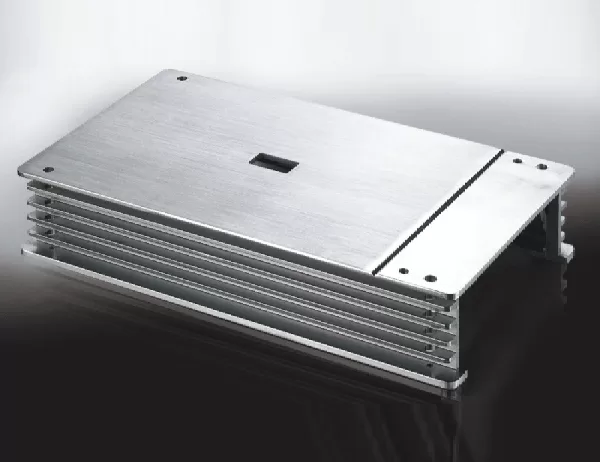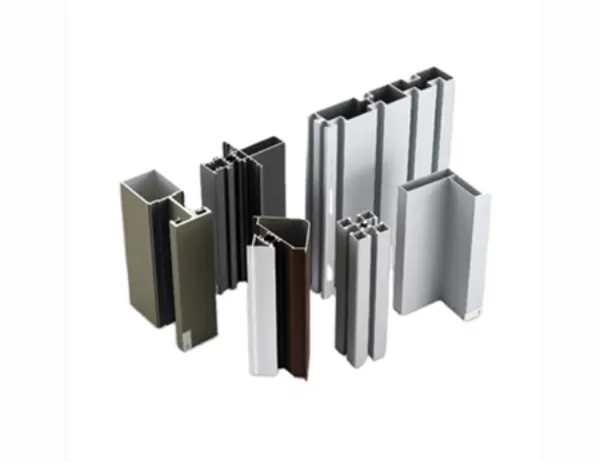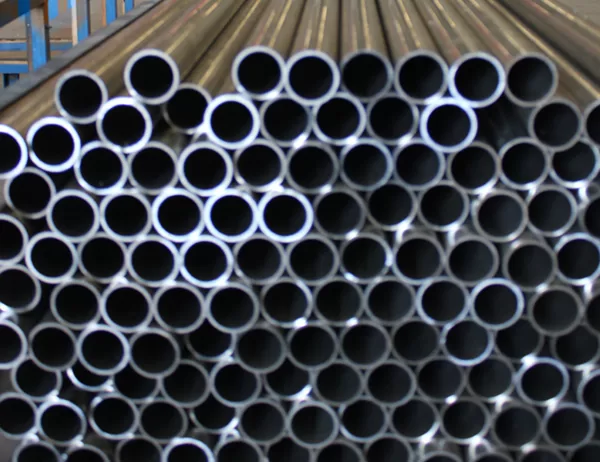Extruded aluminum pipes offer a wide range of advantages for structural applications, making them an ideal choice for industries such as construction, architecture, and engineering. Their exceptional properties, including high strength, lightweight, and corrosion resistance, contribute to enhanced structural performance and longevity.
Strength and Durability
Extruded aluminum pipes are renowned for their impressive strength-to-weight ratio. The extrusion process allows for precise shaping and hardening of the aluminum alloy, resulting in exceptional mechanical properties. Aluminum’s high yield strength and stiffness make it capable of withstanding heavy loads and resisting deformation. Its superior strength compared to steel and other metals at a reduced weight enables engineers to design lighter structures without compromising structural integrity.
Lightweight for Enhanced Maneuverability
The lightweight nature of extruded aluminum pipes is a significant advantage in structural applications. Aluminum weighs only one-third as much as steel, making it easy to transport and handle. This lightweight construction reduces the overall weight of structures, leading to improved fuel efficiency in vehicles and reduced seismic loads in buildings. The reduced weight also simplifies assembly and installation, saving time and effort.
Corrosion Resistance for Durability
Extruded aluminum pipes exhibit excellent corrosion resistance, ensuring their durability in various environments. Aluminum’s naturally protective oxide layer prevents oxidation and degradation, even in harsh conditions. Unlike steel, aluminum does not rust, making it ideal for outdoor applications and structures exposed to moisture or chemicals. This corrosion resistance significantly extends the lifespan of structural components, reducing maintenance and repair costs.
Precision and Dimensional Accuracy
The extrusion process enables precise control over the dimensions of aluminum pipes. Extruded pipes can be manufactured to exact specifications, ensuring accurate fit and seamless integration into structural assemblies. This dimensional accuracy eliminates costly rework and delays, allowing for efficient and reliable construction.
Versatility and Adaptability
The versatility of extruded aluminum pipes makes them suitable for a wide range of structural applications. Their hollow construction allows for the passage of fluids or cables, increasing their functionality in various roles. They can be easily cut, machined, and bent to conform to complex shapes, making them adaptable to diverse design requirements.
Sustainability for Green Buildings
Extruded aluminum pipes align with sustainable building practices. Aluminum is a highly recyclable material, and extruded pipes can be easily recycled at the end of their useful life. Their lightweight construction and corrosion resistance contribute to energy efficiency in buildings, reducing carbon emissions and promoting a greener environment.
Extruded aluminum pipes offer a compelling combination of strength, lightweight, corrosion resistance, precision, versatility, and sustainability, making them an optimal choice for structural applications. Their exceptional properties enable engineers to design durable, lightweight, and efficient structures that meet the demands of modern construction, architecture, and engineering. From high-rise buildings to lightweight vehicles, extruded aluminum pipes continue to revolutionize the world of structural design.




